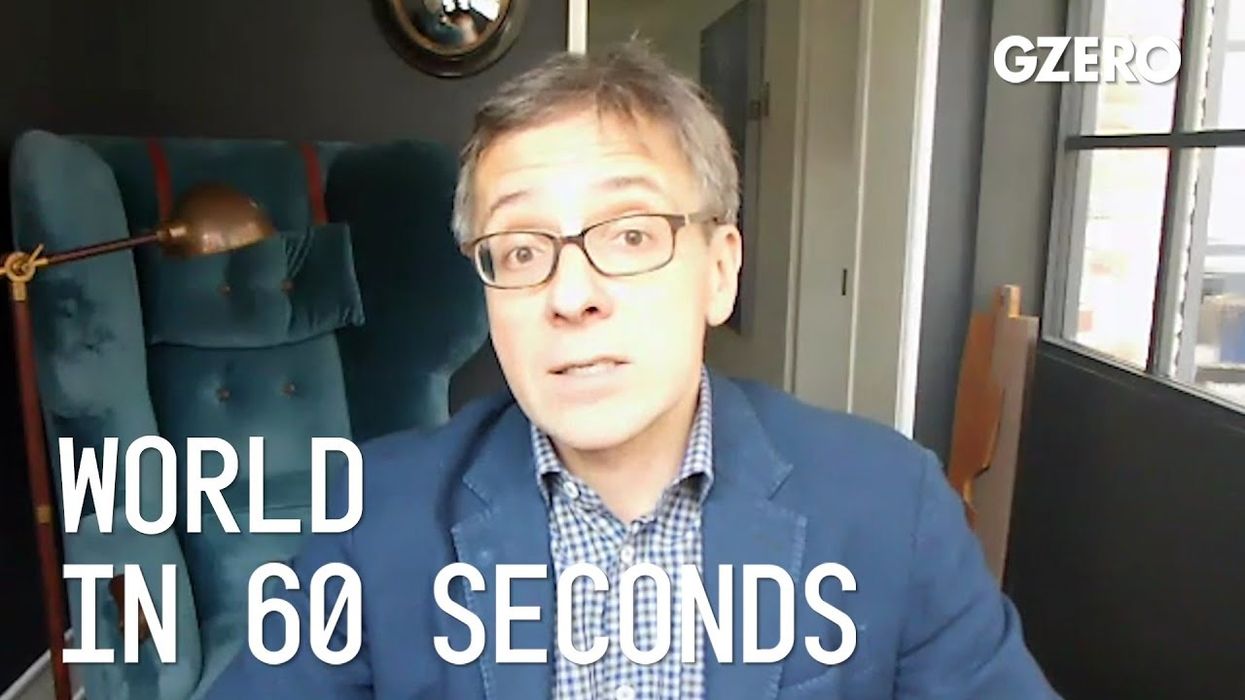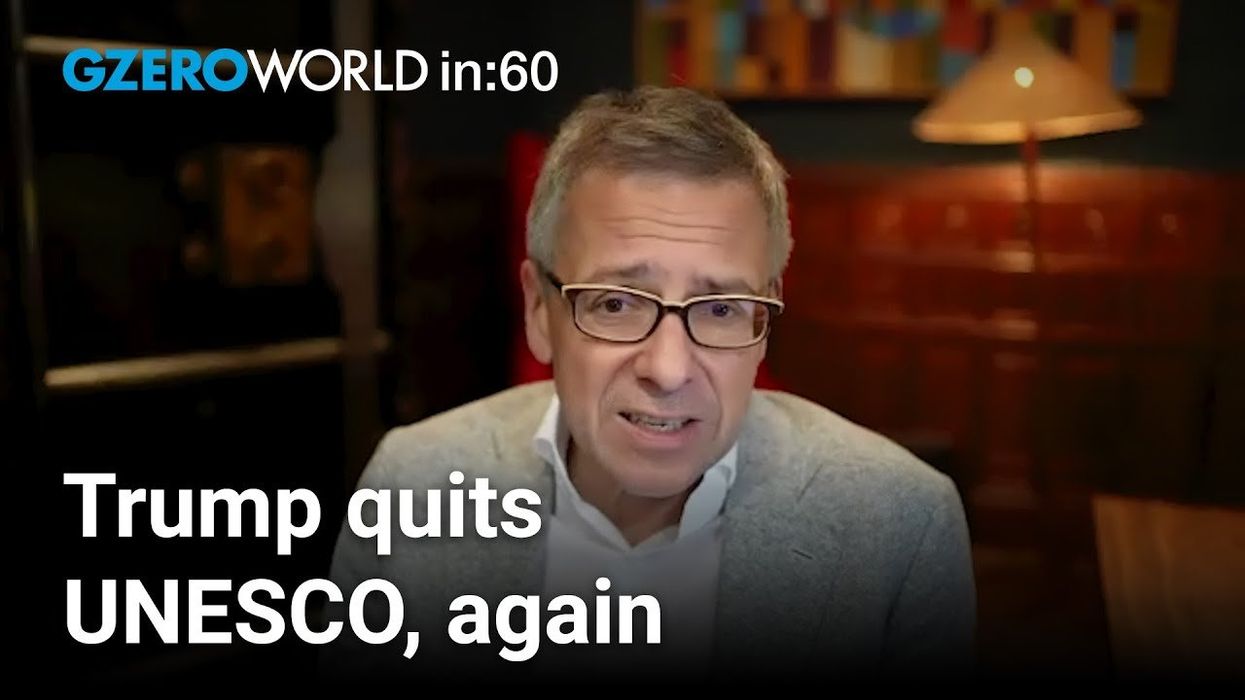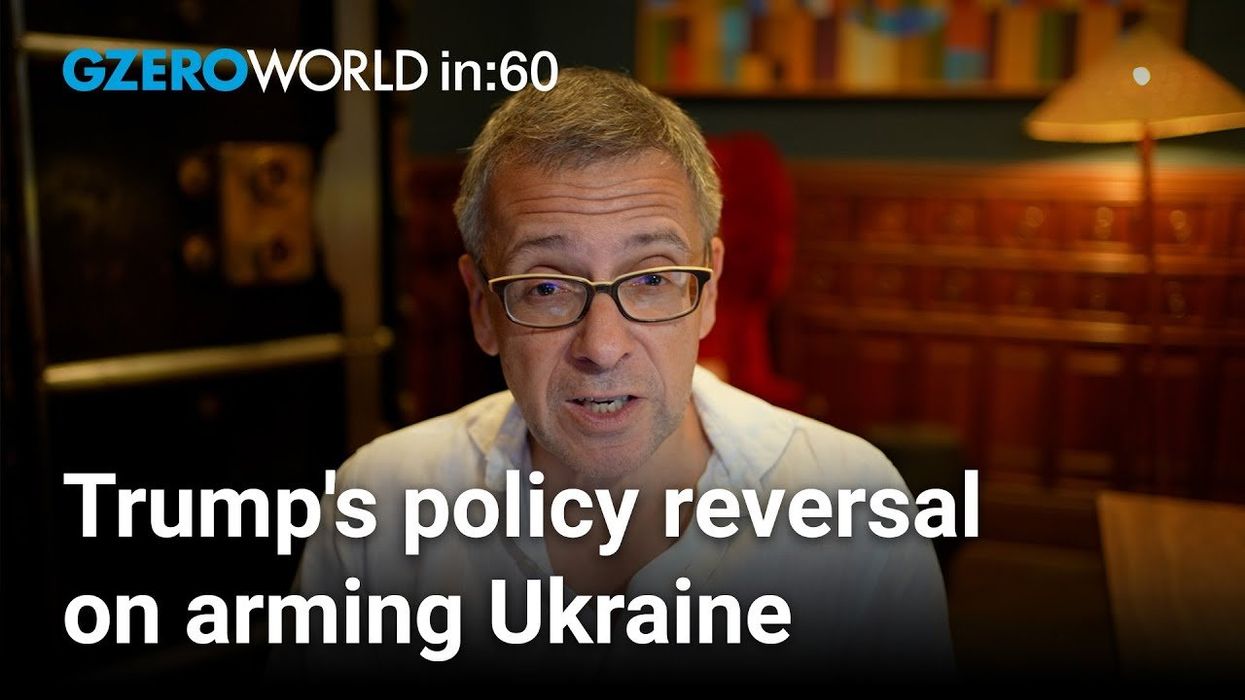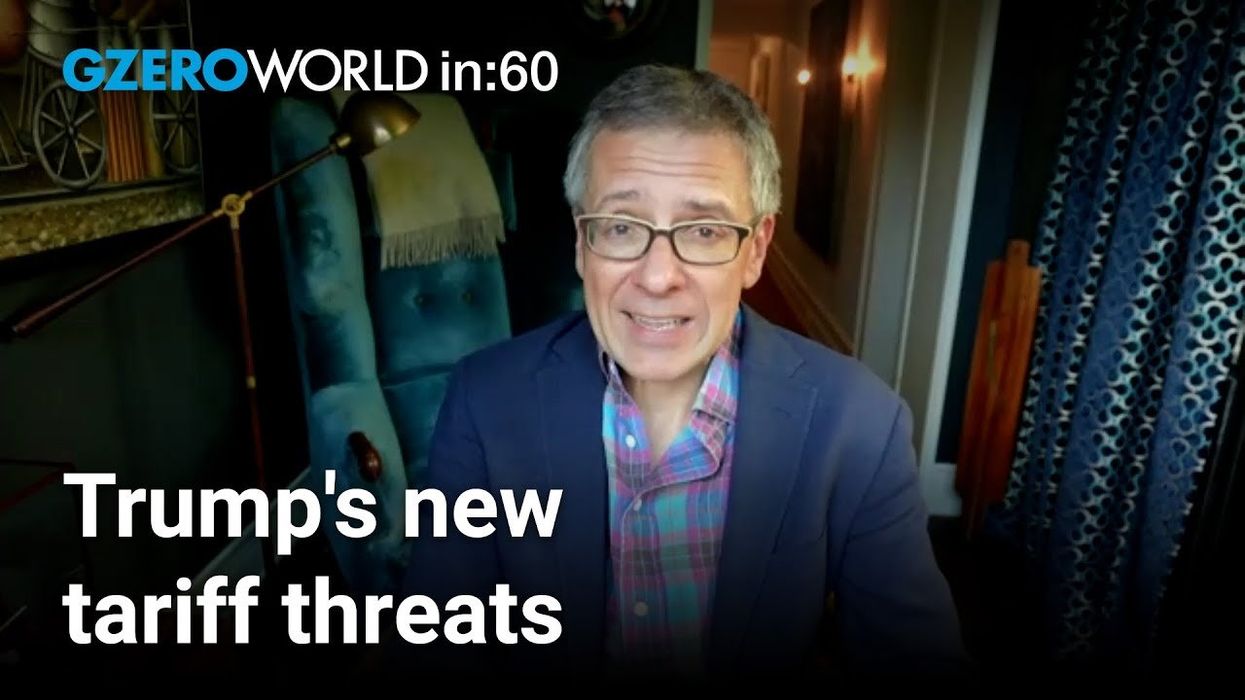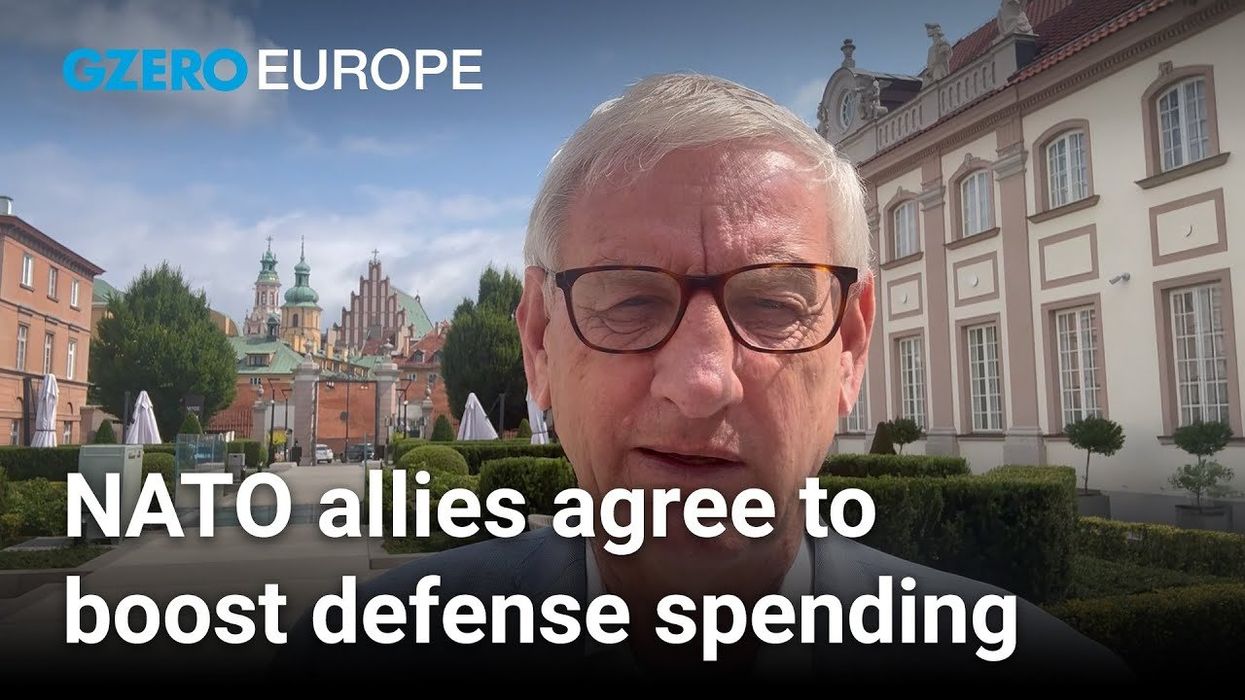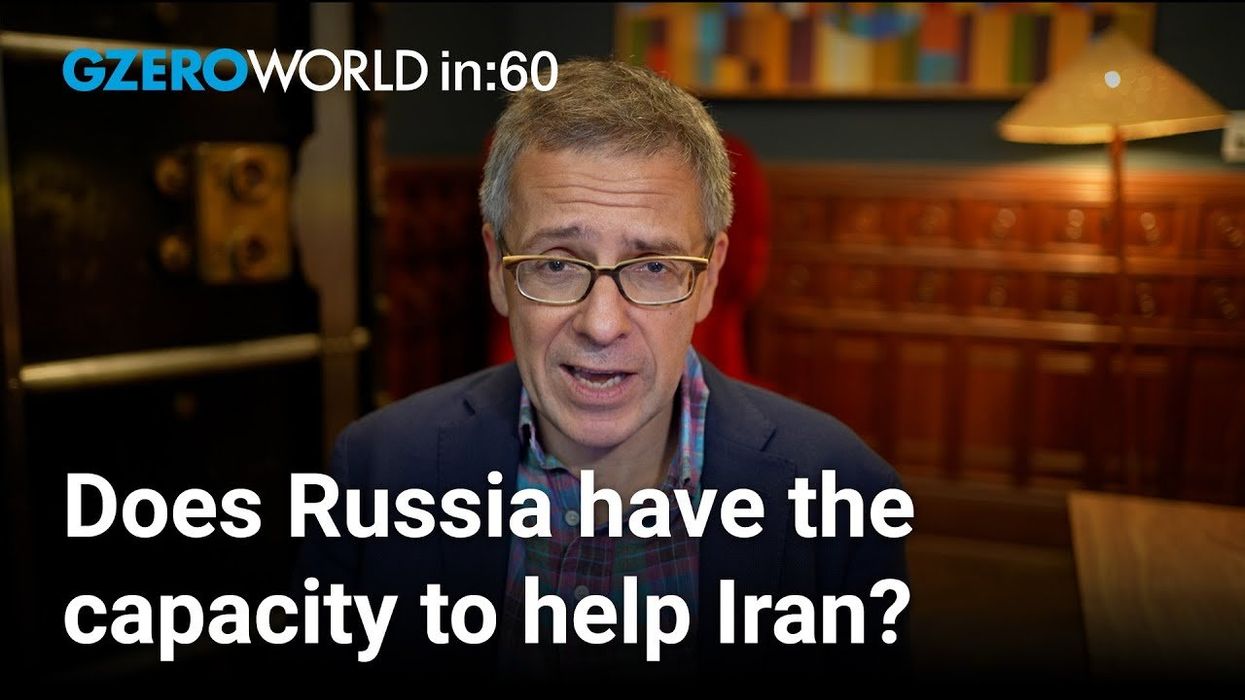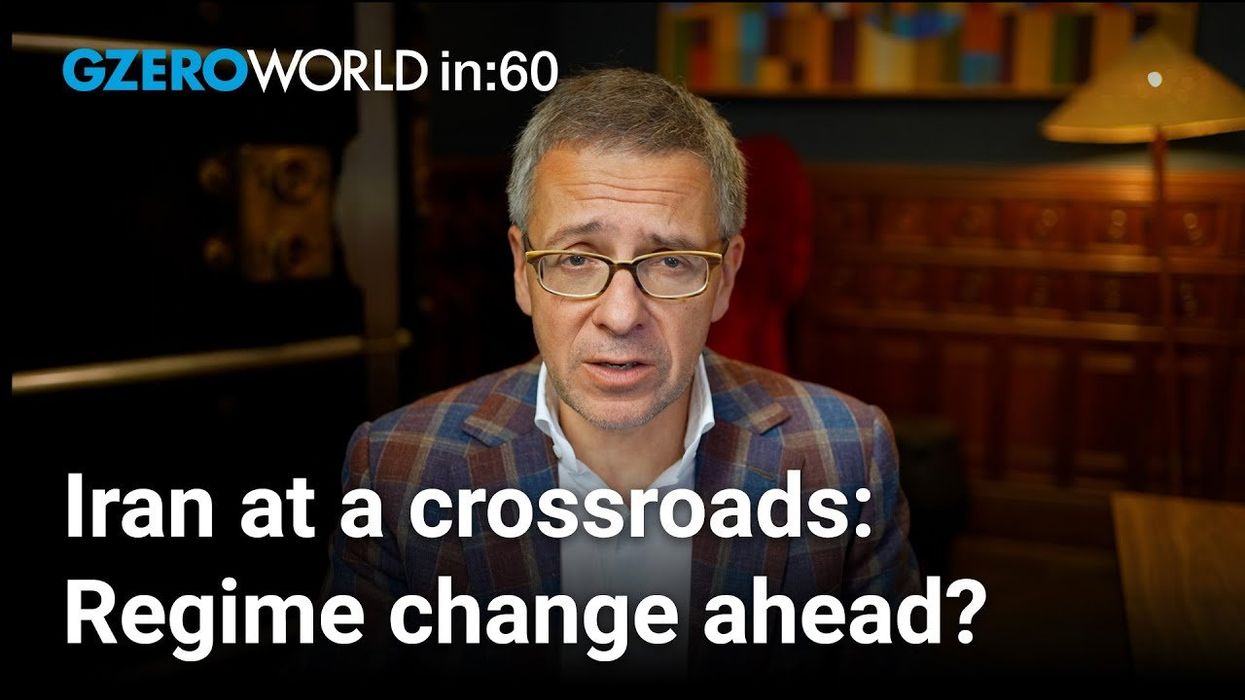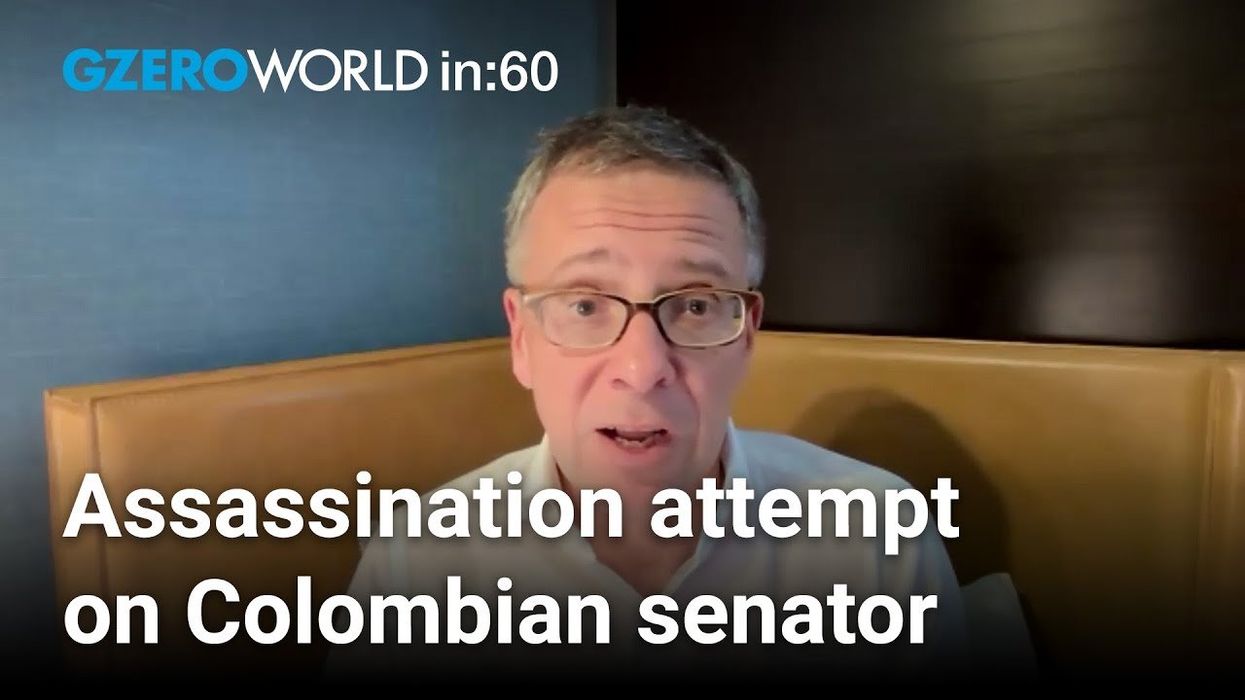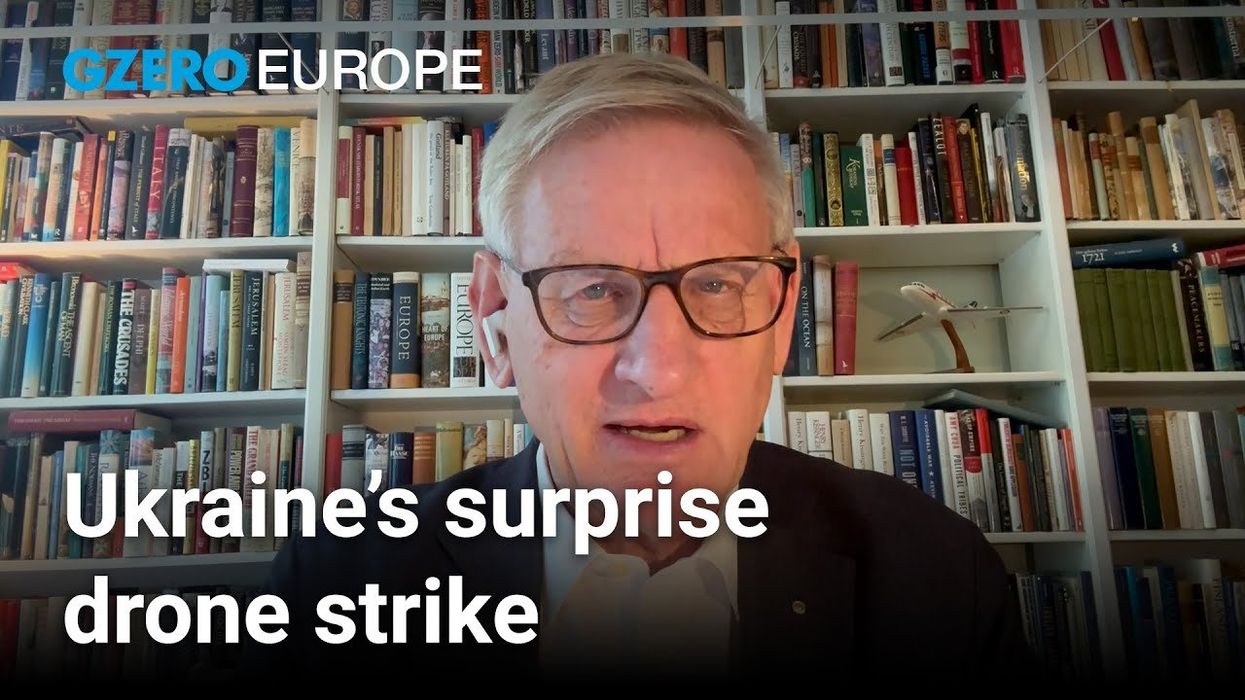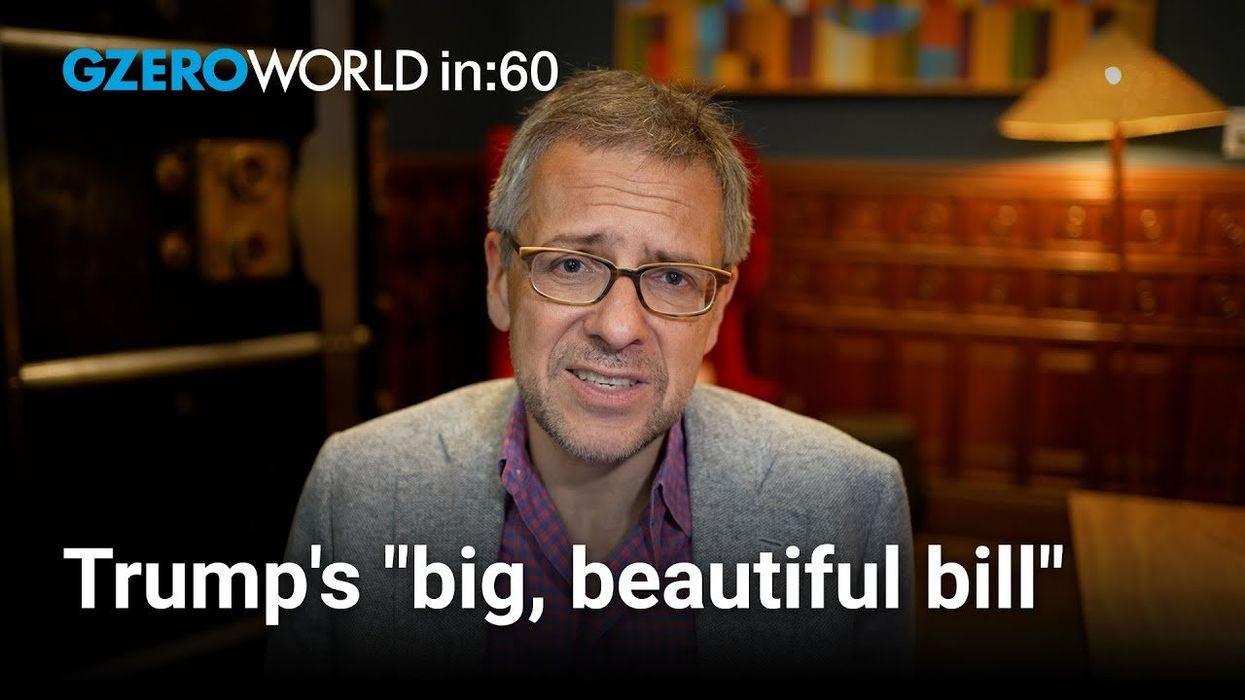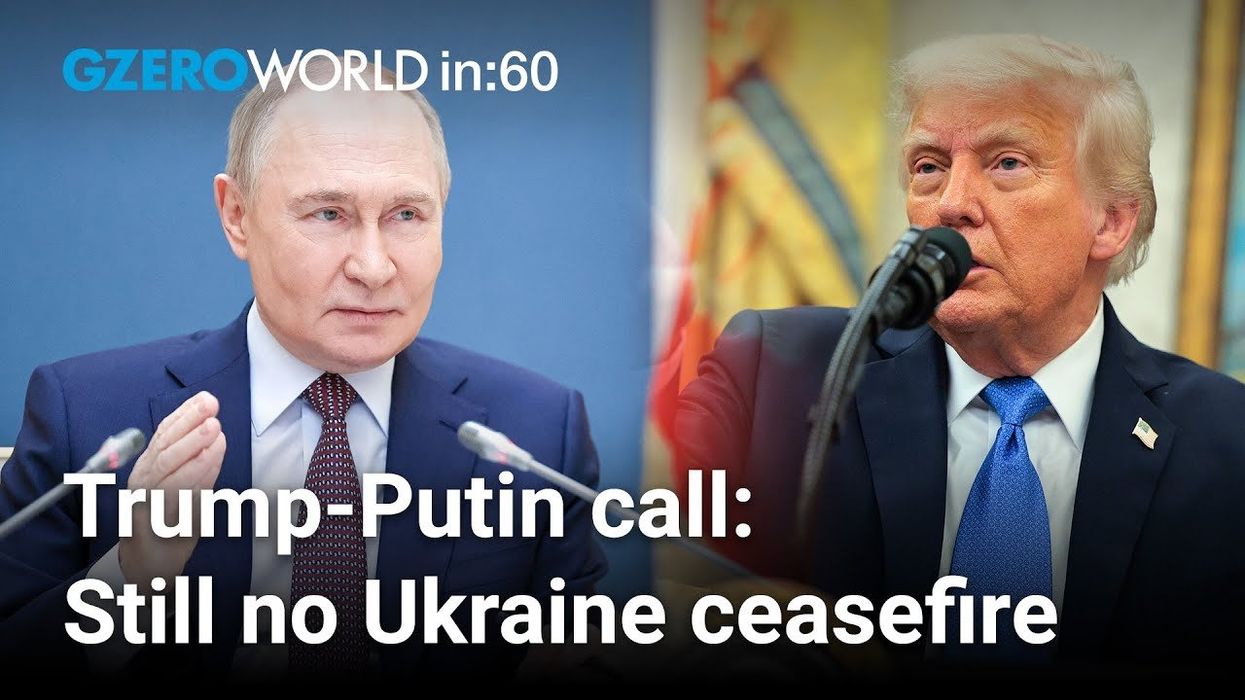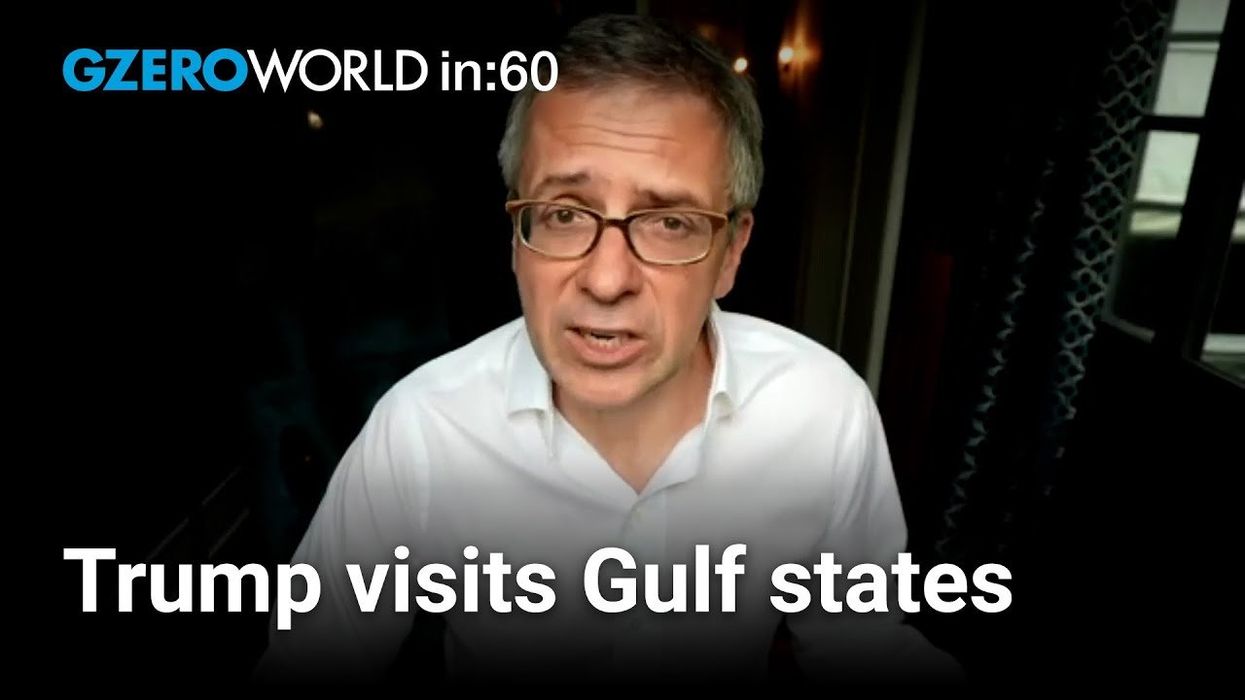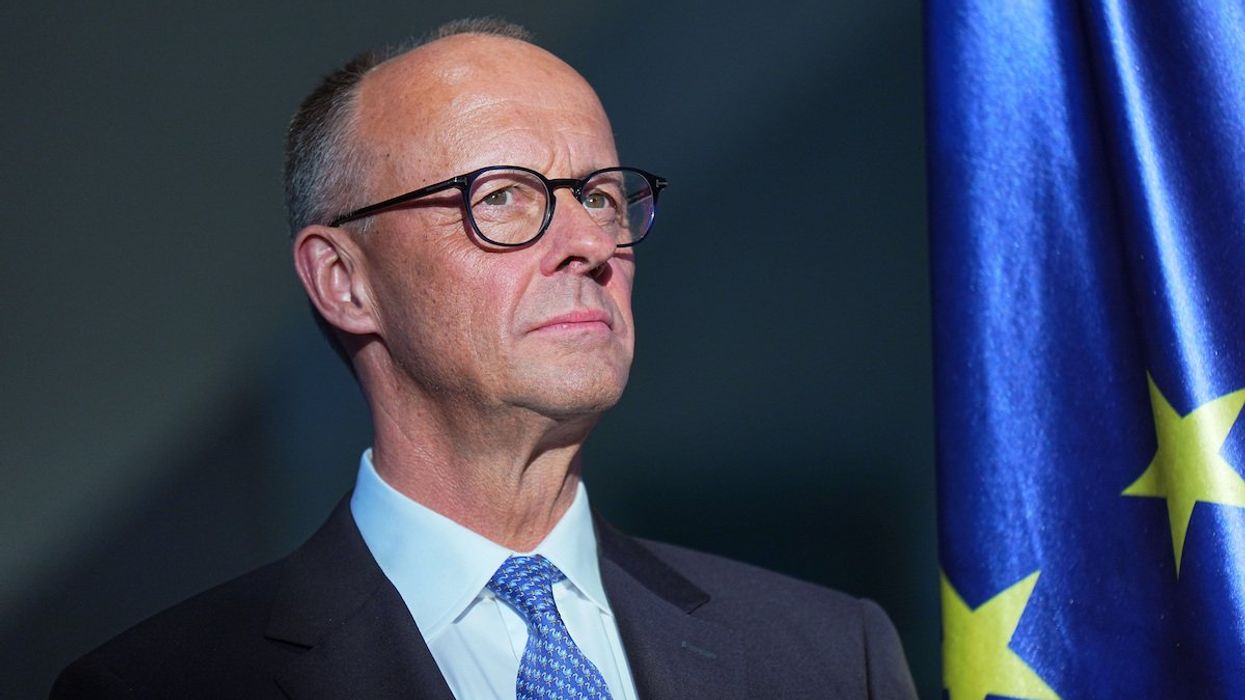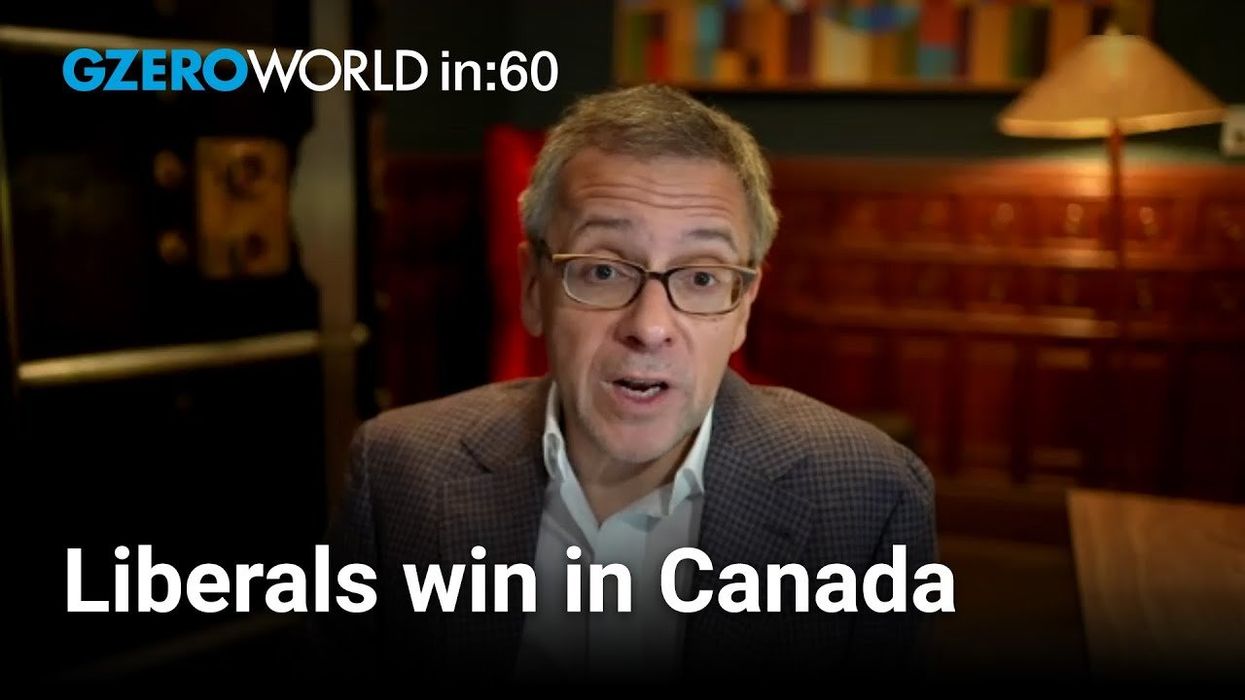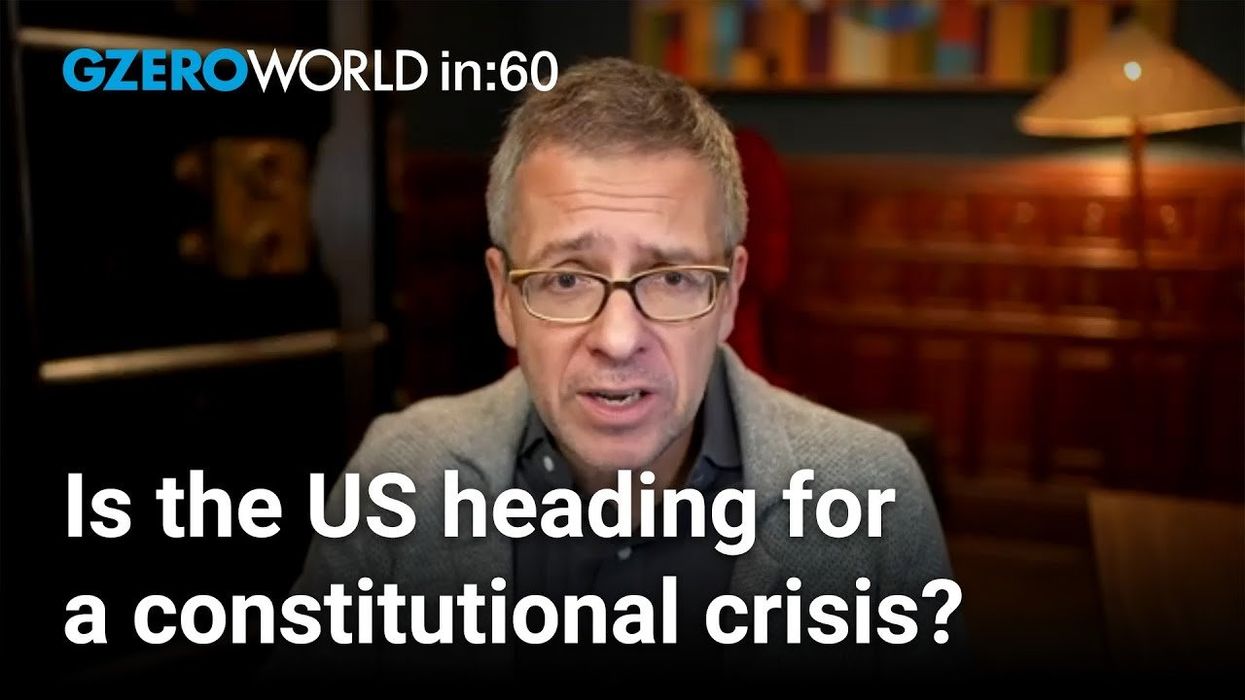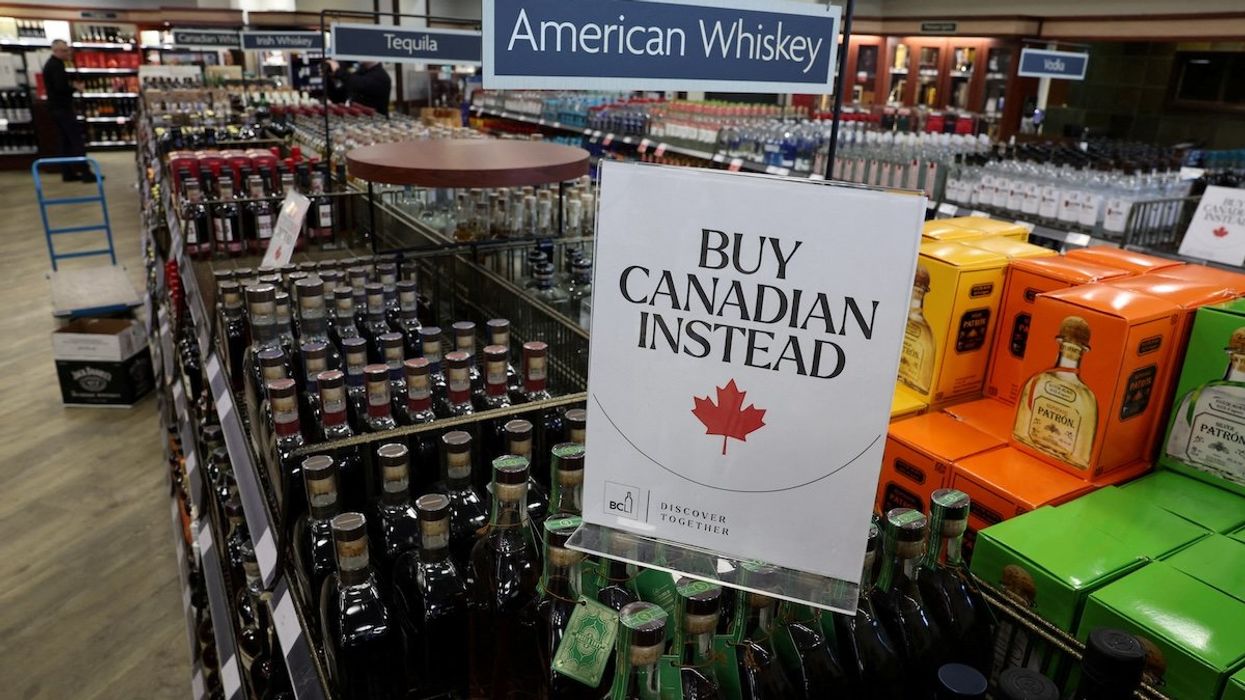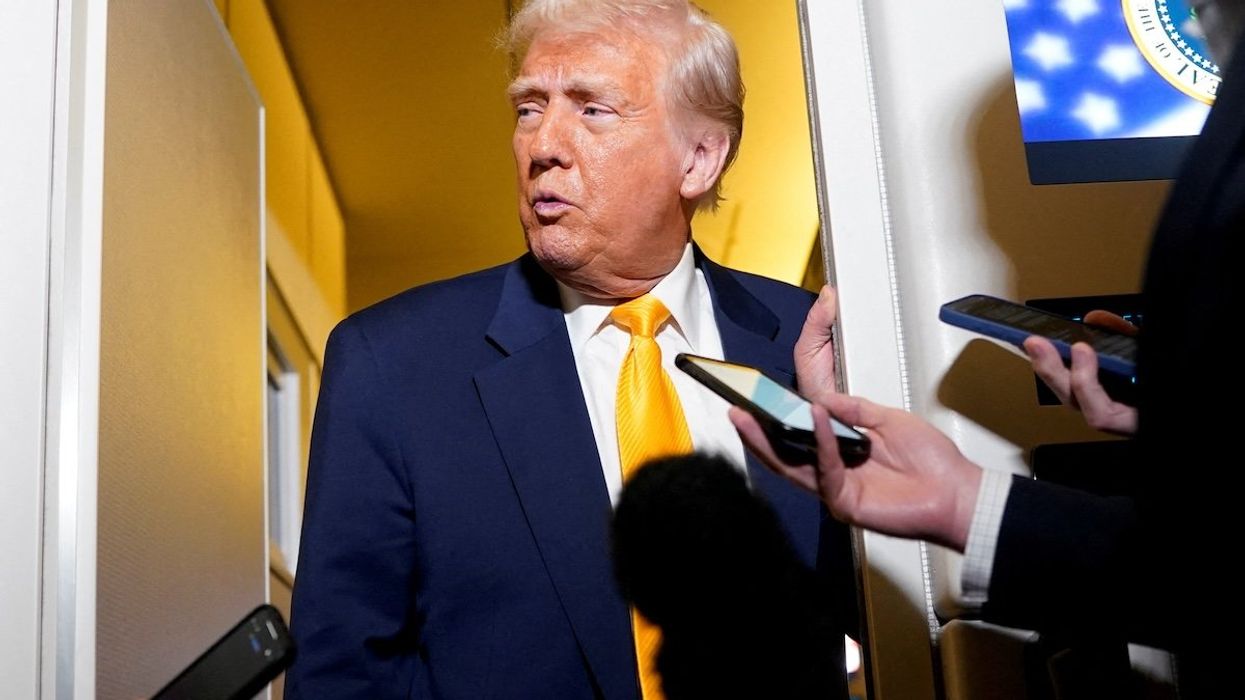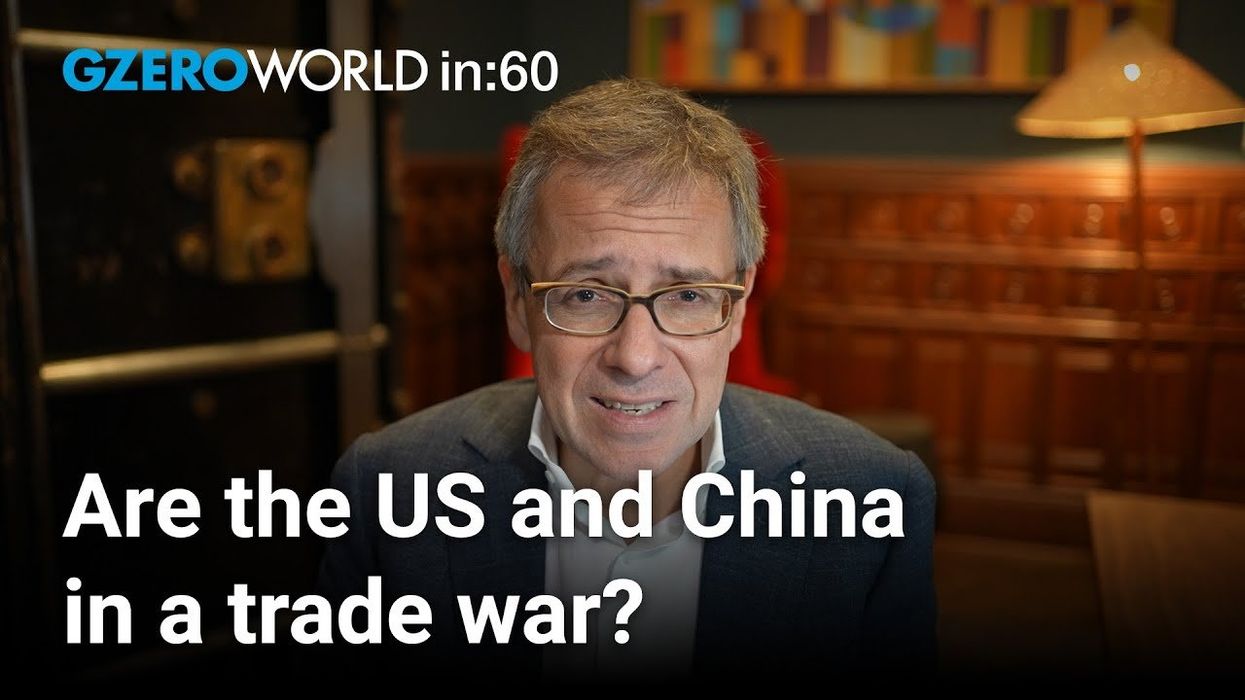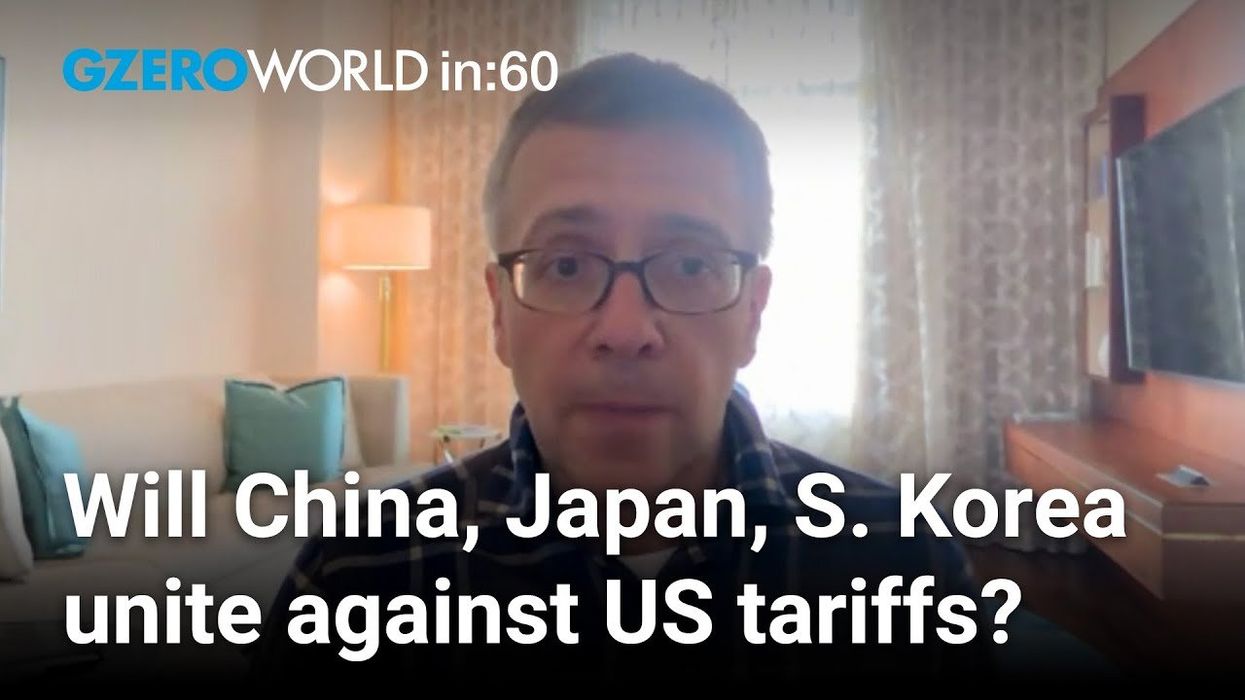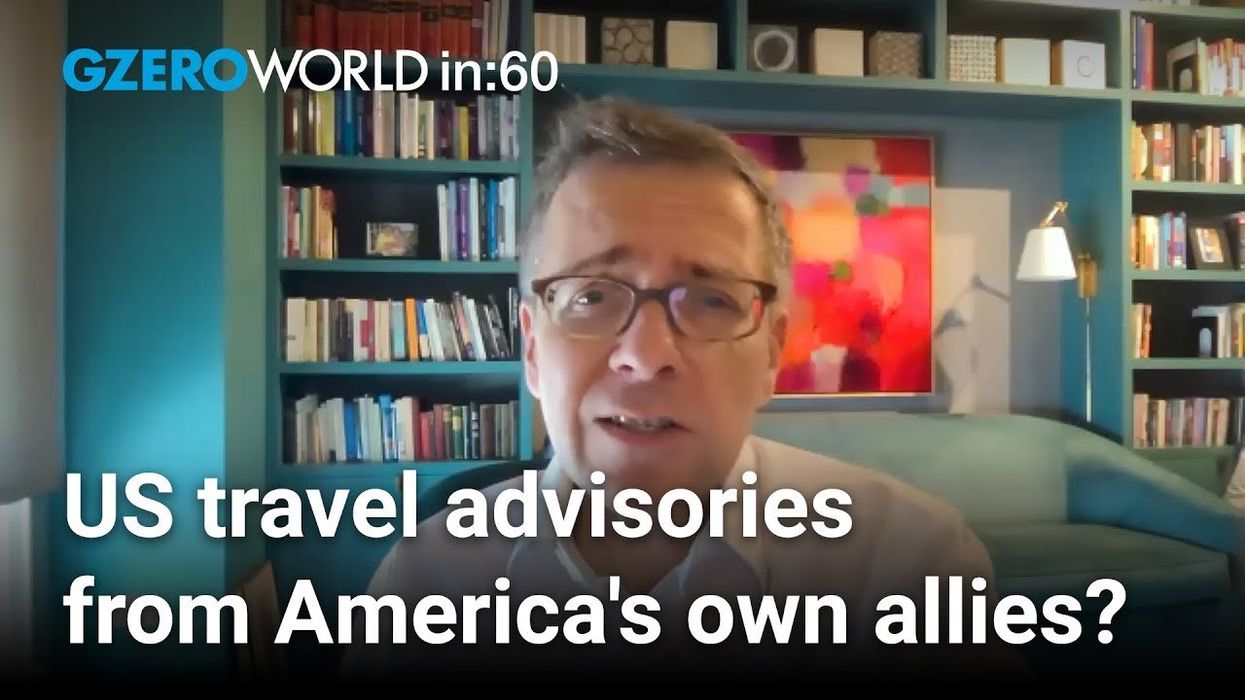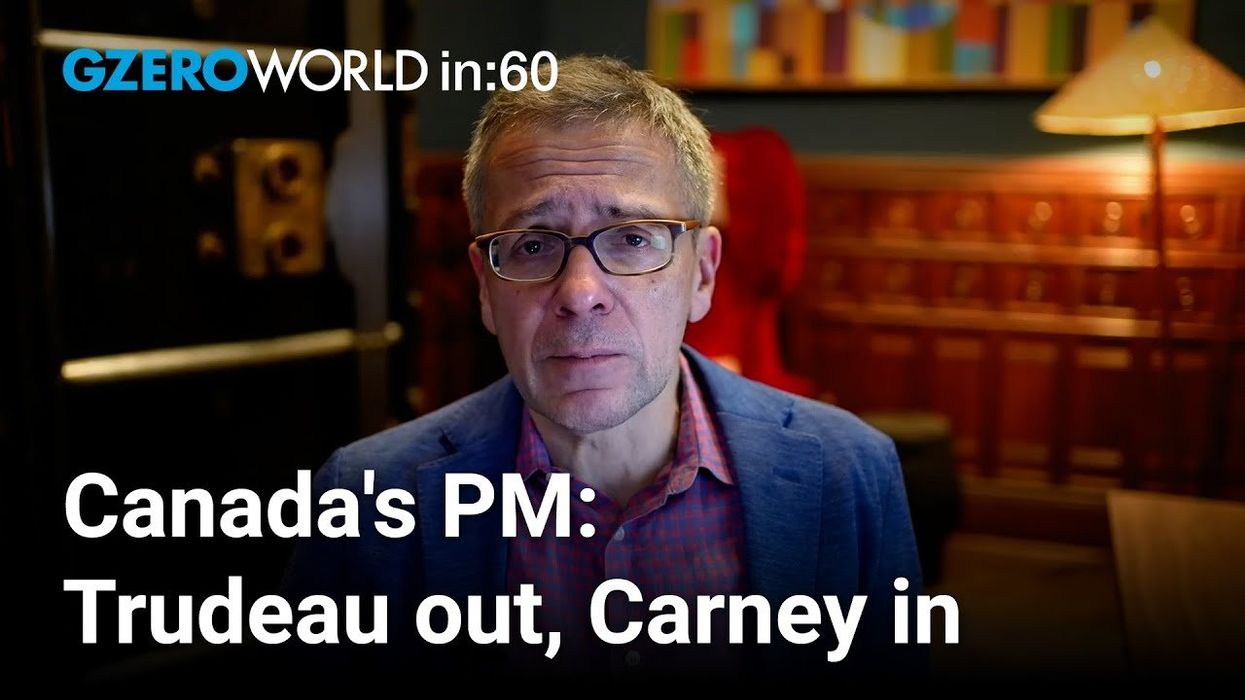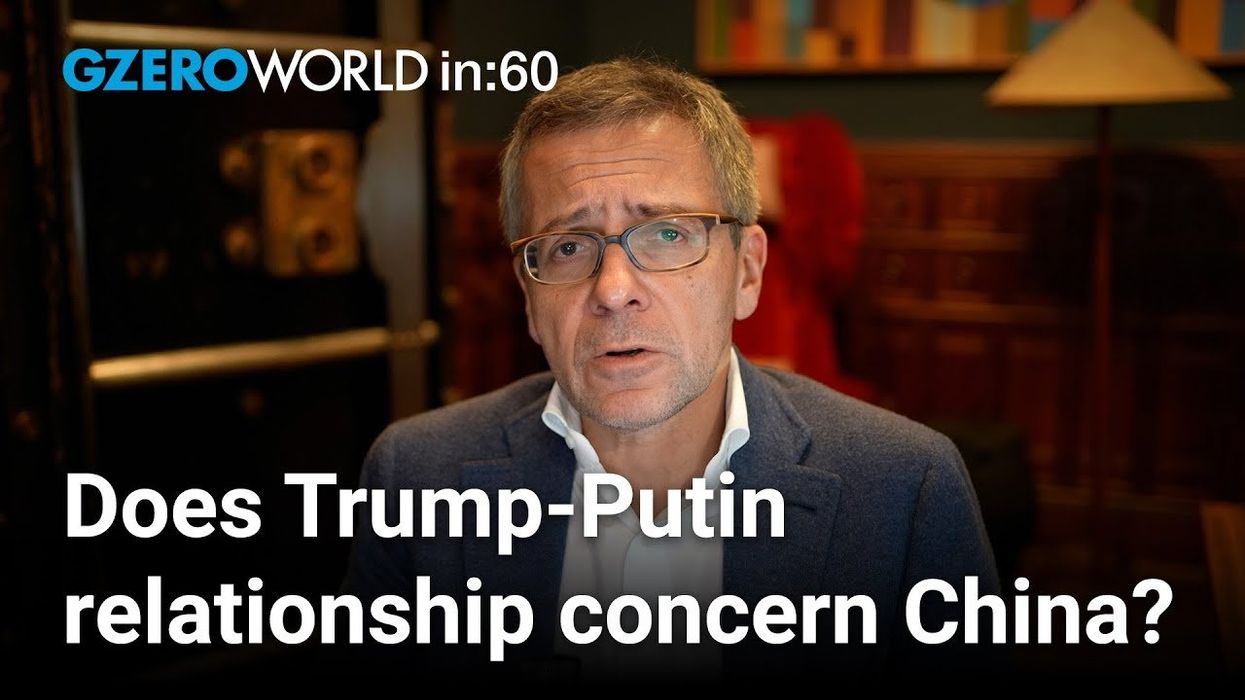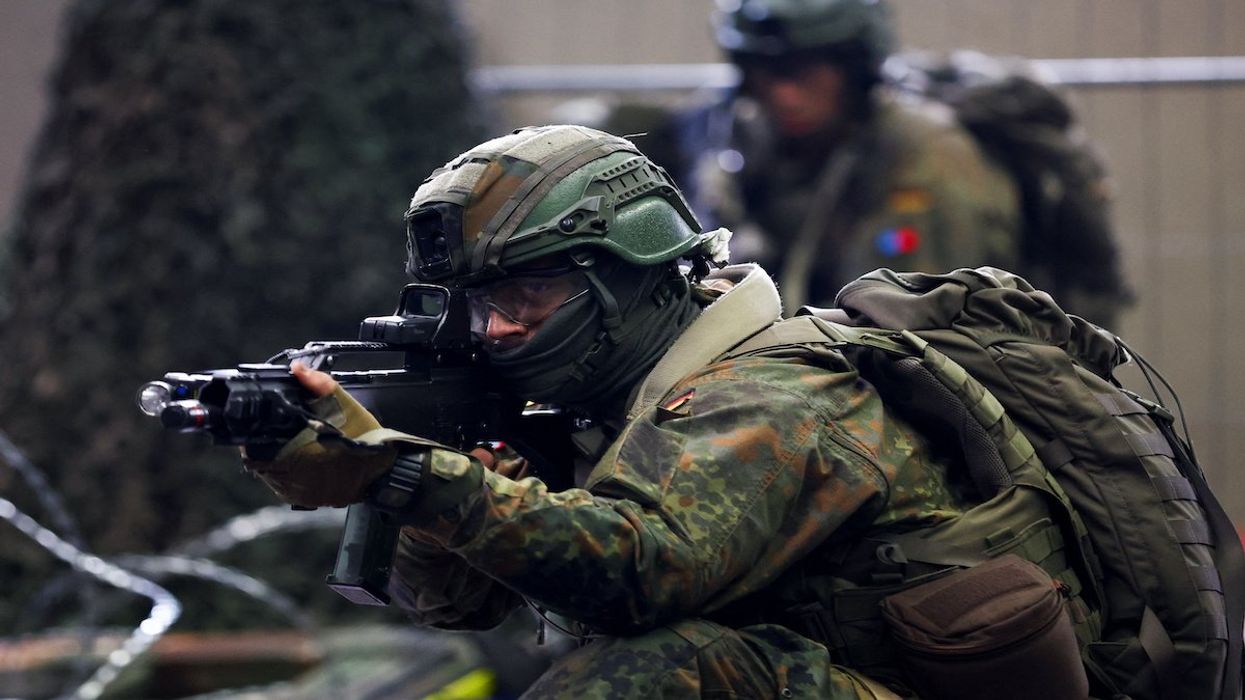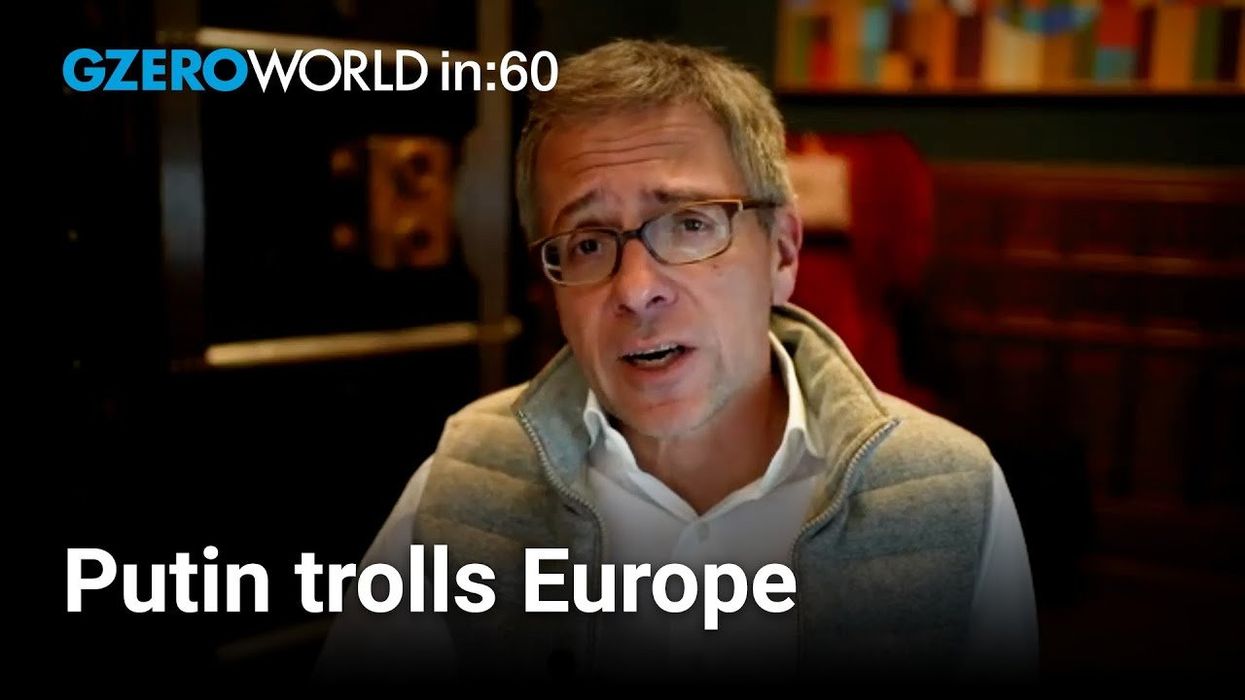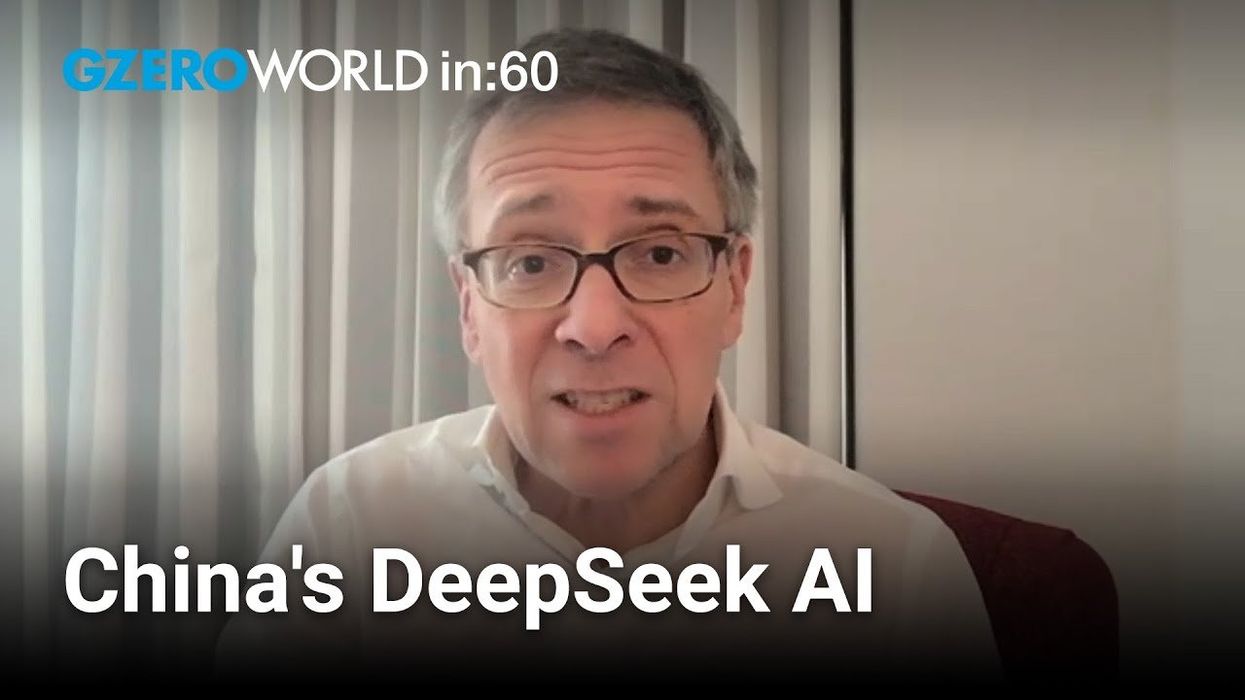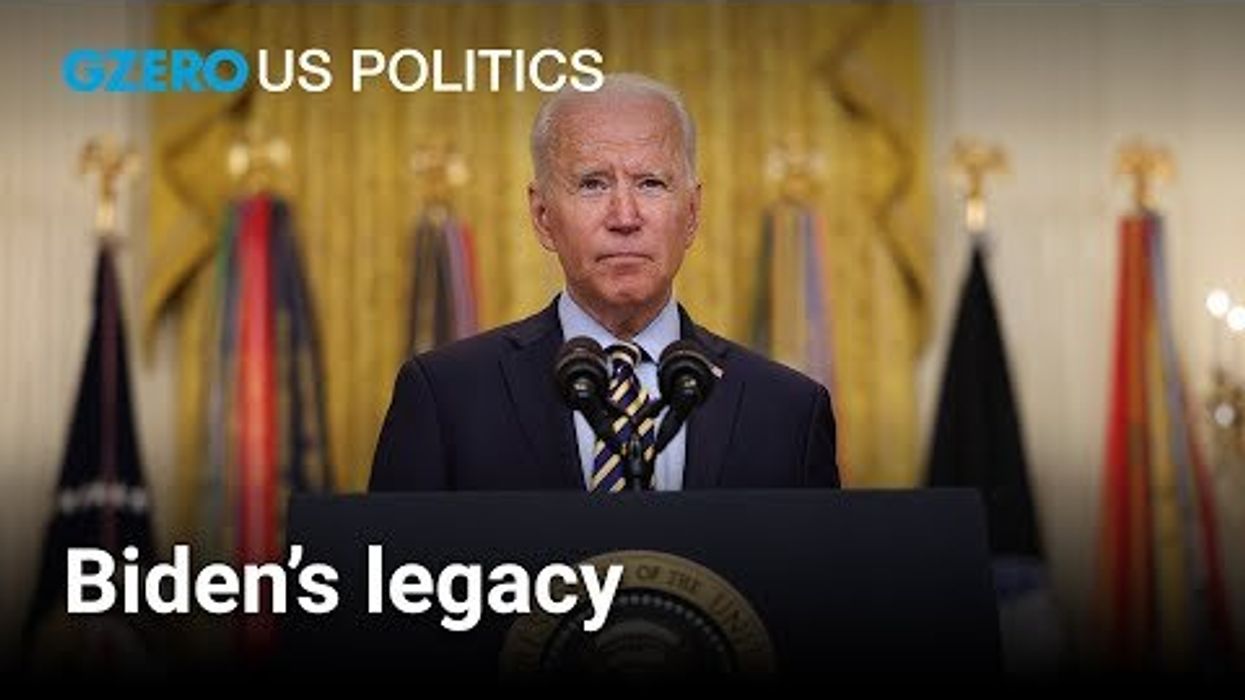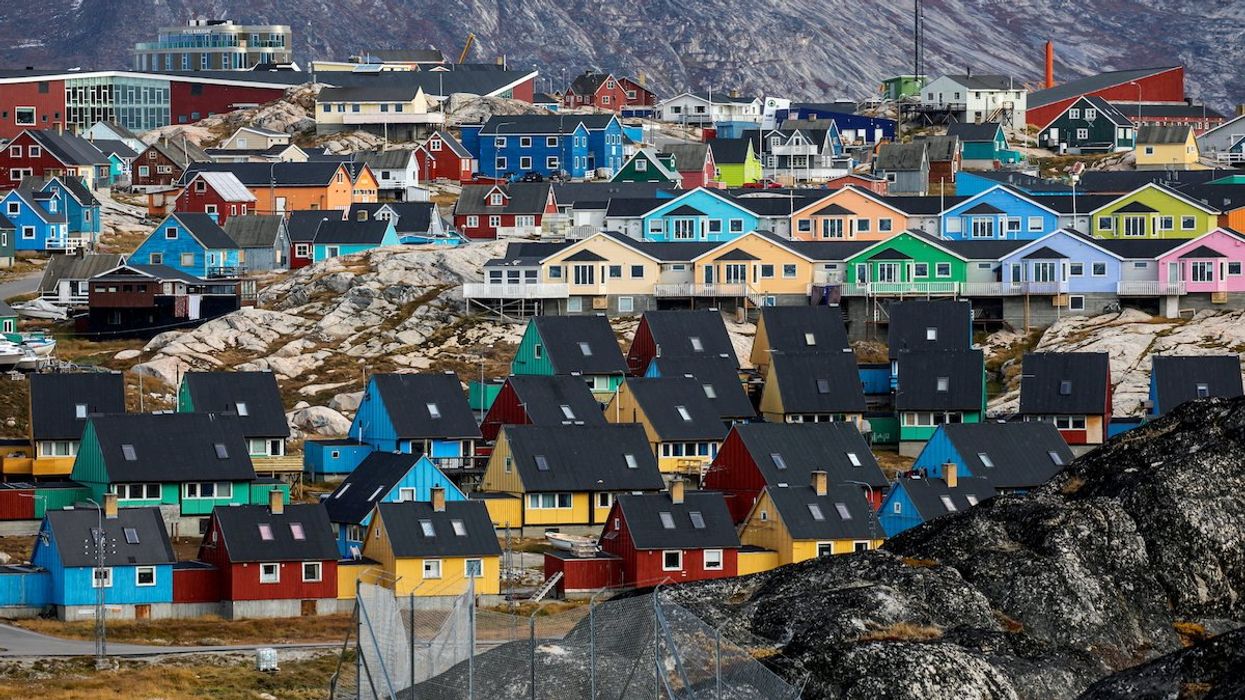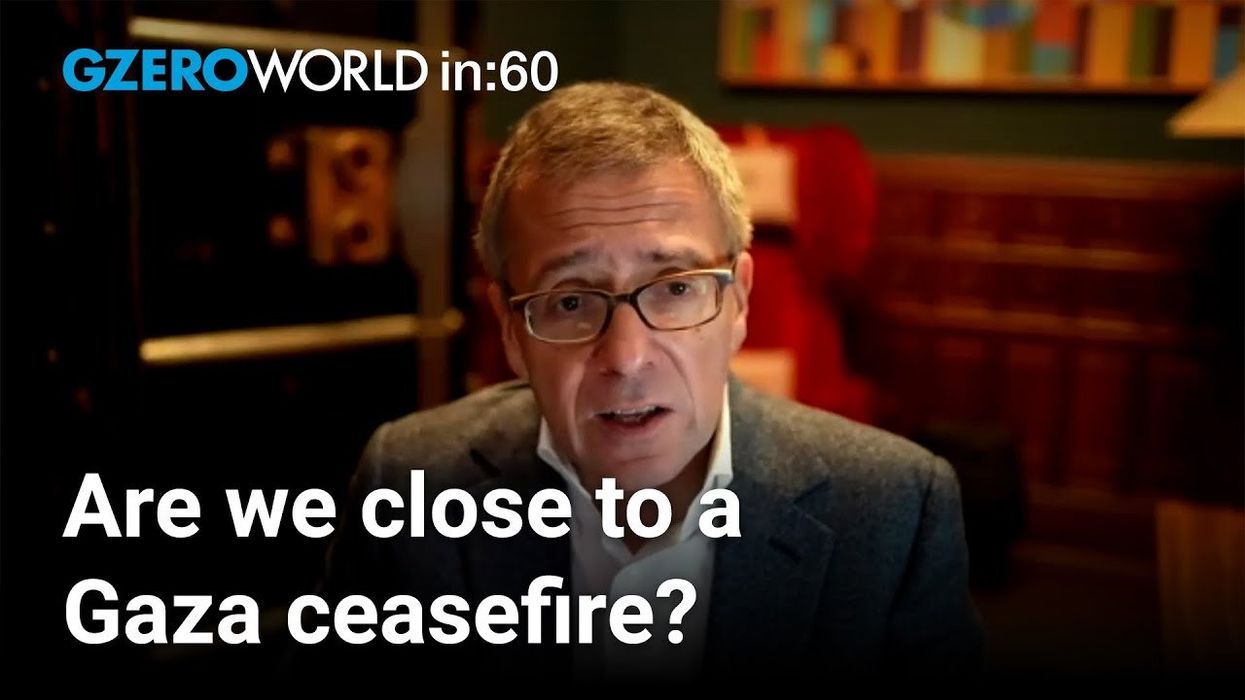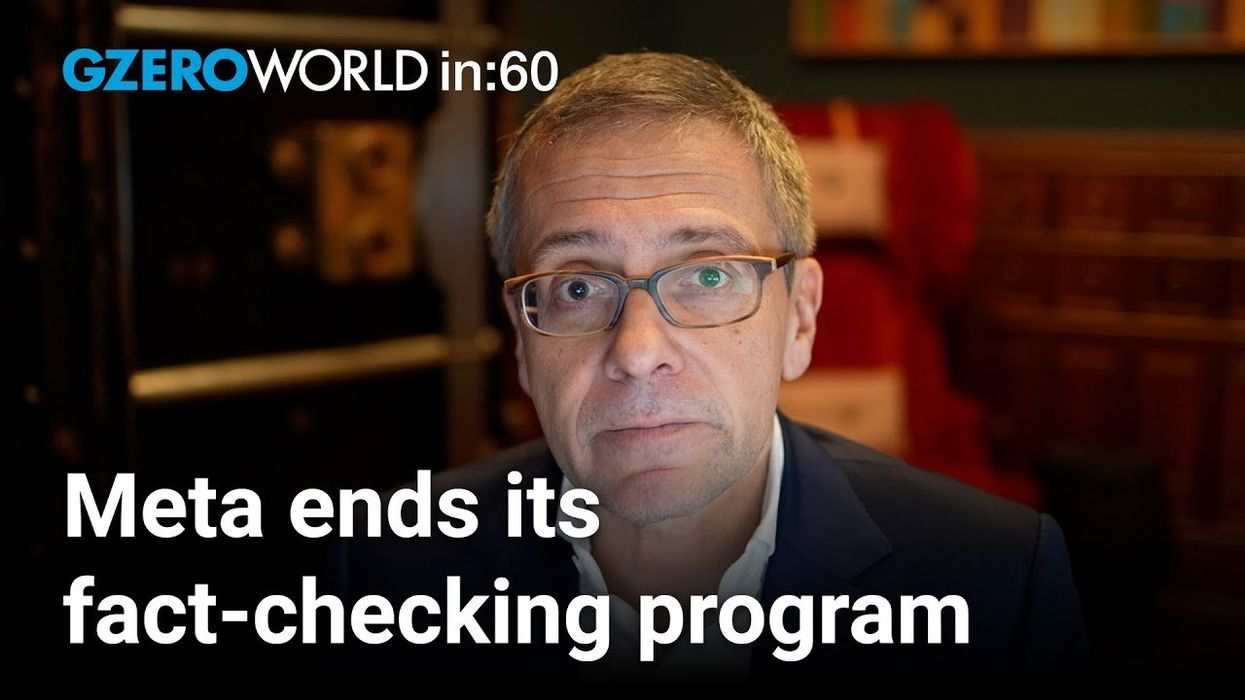VIDEOSGZERO World with Ian BremmerQuick TakePUPPET REGIMEIan ExplainsGZERO ReportsAsk IanGlobal Stage
Site Navigation
Search
Human content,
AI powered search.
Latest Stories
Start your day right!
Get latest updates and insights delivered to your inbox.
In 60 Seconds
Short, concise, and to the point, In 60 Seconds covers world news, US politics, the view from Europe, and more.
Presented by
Ian Bremmer provides his perspective in (slightly) more than 60 seconds: What's the coronavirus update? And when will a state of normalcy return?
Oh, that's easy. A state of normalcy will not return when we start returning to work. I certainly think that the decision by President Trump to push out to the end of April was rational. I think in certain parts of the country, it's likely to be much longer. By that, I think New York City, maybe June is when you start really seeing end of quarantines and people going back to work. But when you don't have a vaccine, the likelihood that people are going to trust going to sports and concerts and bars and restaurants or sitting in the middle seat and bringing their family to Disney is going to take a long time. I think really you need a vaccine at scale before that happens and that's well over a year out. Why? I think that all the numbers you're seeing right now about the strong rebound of the economy in the third and fourth quarter is over optimistic. And instead, you're going to need significant additional bailouts come summer, which the Americans will be able to do. Emerging markets will not. And I'm much more worried about what happens to them going forward.
Will powers enacted fighting this war on coronavirus remain when it's over?
In some cases, yes. I think in particular, the role of technology companies. We saw before this crisis hit, there was such an effort to say they need to be broken up, and this tech lash, and they're too powerful, they've got too much data. In Europe, we need our privacy. But now we're going to see that these companies, first of all, they're vastly more important today than they were a couple of weeks ago because everyone relies on them just to get business done. Rely on Amazon because you're worried about going to the supermarket. But also, we're going to need them to monitor who does and doesn't have the virus. Where they've been? Who they've been connected to? Which means all of your data is going to go to those companies and they're going to be working with the government. When that happens, you're going to see much less backlash against those companies. And by the way, the US will end up in a stronger position than the Europeans because the Americans have those companies. Those companies going to get stronger. Worth thinking about that.
If there is a second wave of infection in China, what political responses or geopolitical pressures might we expect?
I suspect there will be a second wave of infection. But what it means is that China is just not going to rebound the same way that they think they're going to rebound. Right? I mean, they are restarting the supply chain, but they closed down their movie theaters after opening them up. That's clearly because of a second wave that we just don't know about. They're not telling us about it. They're still not providing any information on asymptomatic cases to anyone else around the world, which is incredibly irresponsible. They have the largest number of cases. They're lying about it. And they have the longest case history. We need that information. They're not giving it to us. So, I still think that the big issue here and the big geopolitical implications, is that US-China relations are going to become more problematic going forward, not that China's going to do anything differently than they have been in terms of how they're handling it domestically or with the rest of us.
Keep reading...Show less
More from In 60 Seconds
Is Europe’s attitude towards Israel shifting?
July 29, 2025
Trump pulls US out of UNESCO, again
July 22, 2025
Trump announces new plan to arm Ukraine
July 15, 2025
Key takeaways from the 2025 NATO Summit
June 27, 2025
Are NATO allies aligned on Iran?
June 24, 2025
Will Iran’s regime survive?
June 18, 2025
Is Serbia pivoting towards Ukraine?
June 12, 2025
Ukraine drone strikes deep inside Russia
June 05, 2025
Trump-Musk rift over Trump's "big, beautiful bill"
June 04, 2025
What is Trump after in his latest Gulf states tour?
May 13, 2025
Why the US-Ukraine minerals deal is a win-win
May 01, 2025
Why Mark Carney’s victory won’t heal the US-Canada rift
April 29, 2025
Trump tariff is starting a US-China trade war
April 08, 2025
How Europe might respond to Trump's tariffs
April 03, 2025
Turkey's protests & crackdowns complicate EU relations
April 03, 2025
What if Japan & South Korea sided with China on US tariffs?
April 01, 2025
US travel warnings issued by its closest allies
March 25, 2025
Is Europe finally ready to defend itself?
March 24, 2025
US-Canada trade war helps Mark Carney's election prospects
March 11, 2025
Is the US-Europe alliance permanently damaged?
March 05, 2025
Why Trump won’t break the Putin-Xi alliance
March 04, 2025
Could Europe replace the US military?
February 25, 2025
Trump's Ukraine peace plan confuses Europe leaders
February 24, 2025
Will Trump & Musk punish Brazil over Bolsonaro indictment?
February 19, 2025
Putin trolls Europe about "the master" Trump
February 04, 2025
DeepSeek puts US-China relations on edge
January 30, 2025
EU rolls back Syria sanctions for economic rebound
January 29, 2025
At Davos, all eyes are on Trump
January 23, 2025
How Biden’s presidency will be remembered
January 18, 2025
Three reasons why Trump wants Greenland
January 17, 2025
Why NATO launches a Baltic Sea operation
January 15, 2025
Gaza ceasefire likely as Biden and Trump both push
January 14, 2025
Meta scraps fact-checking program: What next?
January 07, 2025
GZERO Series
GZERO Daily: our free newsletter about global politics
Keep up with what’s going on around the world - and why it matters.
